If you are looking for a new role chances are you have added your CV to an online job board, but are you giving your CV the best chance of being found?
The following should give you a few tips on how to optimise your CV to come up in more searches and hopefully, get more calls about suitable jobs. As a recruiter this is all aimed at self-interest though… hopefully it makes it easier for me to find you too! My examples will be Oil & Gas related but the principles will apply to any industry.
How do Recruiters and Employers Search on Job Boards?
To search CV databases, we use Boolean searches that allow us to filter CV’s by certain words. For example, if I was searching for a Drilling Engineer with Deepwater experience I would search “drilling engineer” AND “deepwater”. This would show me any CV’s with those two phrases in. To narrow down the search I could add as many “ands” as I wanted. Another common part of a Boolean search is the use of “or”. For example, if my drilling engineer needed experience in Malaysia or Indonesia I would type “Drilling Engineer” AND (“Malaysia” OR “Indonesia”).
How to Optimise Your CV Keywords
With the above in mind it is essential that you are getting all keywords into your CV. This should start with your day to day responsibilities. However bread and butter you think it might be, make sure it is in your CV because someone might be adding it to their search. The same goes for project details as well. If I need someone with experience in a particular country, with a particular formation, on a specific type of rig etc I am probably going to add that to my Boolean search. Therefore, anything you have experience in, make sure it is in your CV. I would recommend having a look at a few job descriptions for your discipline and see what phrases come up regularly. Make sure you get those into your CV (but only if you have that experience, obviously).
Have a look on our website for some of our adverts.
Different Spellings / Abbreviations
There can be different ways to search for the same thing and every recruiter will be different. For example, if my Drilling Engineer needed HPHT experience what will I search for? HPHT? HP/HT? or high pressure high temperature? Another good example of this is the safety discipline. People might search HSE, Health & Safety, ESH, etc. It is therefore a good idea to get all of the different variations of key phrases into your CV at some point. Same thing goes for English and American spelling differences, getting them both in will help you optimise / optimize your CV (see what I did there?). Some people will use the OR function in the search to cover as many as possible but not everyone will!
Ranking
Search results will be displayed in order of how relevant the search engine thinks your CV is. They all work slightly differently but it normally goes off how often the search terms come up in your CV. Obviously you want your CV to be as close to the top as possible so again, make sure you get those keywords in there as often as you can. Some job boards also rank CV’s by the date of your last log in, or when you uploaded your CV so if you are actively looking make sure you are logging in regularly.
Think Ahead
If you are looking for a role that is the next step up from where you are, remember to get keywords associated to that in as well. For example, if I was looking for a Drilling Manager I might add that to my search so any Senior Drilling Engineers who are ready for that next step might not come up in my search. Even a simple “I am looking to progress into a Drilling Manager role” in your opening summary will bring your CV up.
Final Word
In conclusion, it’s all about keywords for a Job Board CV. Don’t worry about it being too long; just get as much detail in there as possible. You can always (and should!) send a tailored CV for a specific role after you have spoken with the recruiter or employer. Now that you understand how people search these databases have read through your CV to make sure you are giving yourself the best chance of getting a call. Oh, and remember we search LinkedIn in a similar way so apply this to your profile too! Good Luck!





